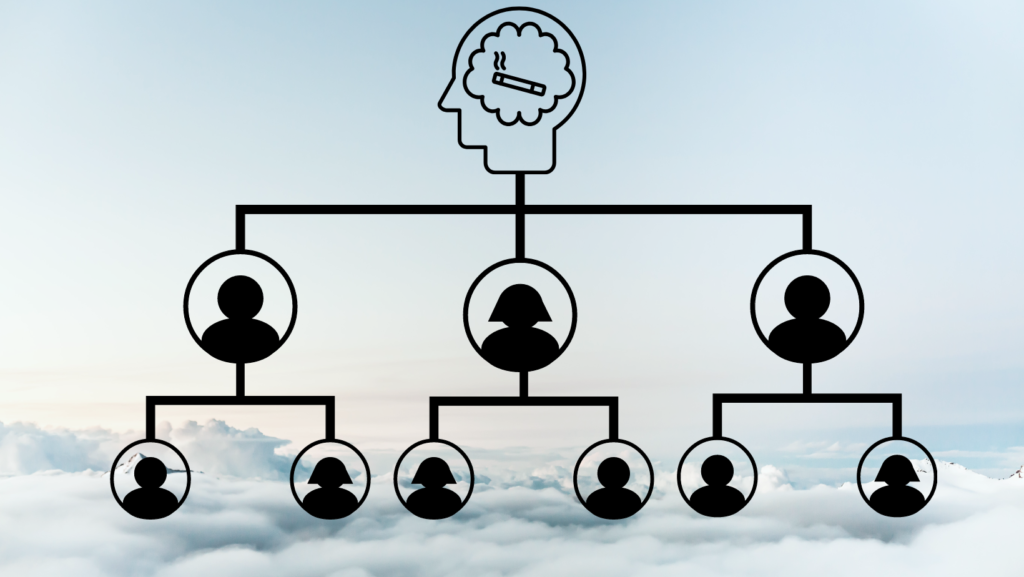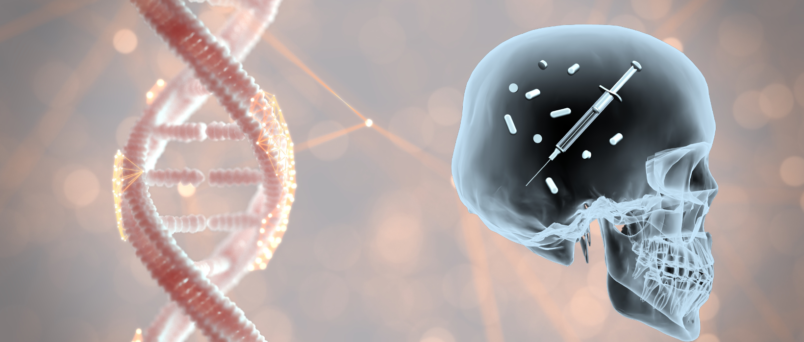My Dad Was an Addict, Will I Be Too?

The question of whether addiction is hereditary has long intrigued researchers, individuals, and families affected by substance use disorders. This article aims to explore the intricate relationship between genetics and addiction, shedding light on the influence of genetic factors, environmental influences, and the interplay between nature and nurture. By examining the latest research and evidence, we can gain a better understanding of addiction’s hereditary aspects and the implications for prevention, early intervention, and effective treatment strategies.
Genetics and Addiction: Unraveling the Link
Research suggests that genetic factors play a significant role in an individual’s susceptibility to addiction, accounting for about 40-60% of the risk. Genetic variations can impact the functioning of neurotransmitters, reward pathways, and stress response systems, influencing an individual’s vulnerability to substance use disorders. Specific genes, such as those related to dopamine receptors or enzymes involved in drug metabolism, have been identified as potential contributors to addiction risk.
The Complex Interaction: Nature vs. Nurture
While genetic factors contribute to addiction risk, the development of a substance use disorder is influenced by various environmental and psychosocial factors.Childhood experiences, family dynamics, peer influence, exposure to trauma, socioeconomic factors, and availability of substances all play a crucial role in shaping an individual’s susceptibility to addiction.The interplay between genetics and environment is intricate, with genetic predispositions interacting with environmental factors to influence addiction risk.
Early Intervention and Prevention: Breaking the Cycle
Recognizing the hereditary nature of addiction underscores the importance of early intervention and prevention efforts. Early identification of risk factors, providing education about the hereditary aspects of addiction, and promoting healthy coping mechanisms can help mitigate the risk of substance abuse in vulnerable individuals. Building resilience, fostering strong support networks, and creating environments that promote healthy behaviors can contribute to breaking the cycle of addiction.
FAQs:
Q: Can someone inherit addiction directly from their parents?
A: While individuals can inherit a genetic predisposition to addiction, it does not mean they will inevitably develop a substance use disorder. Genetic factors interact with environmental influences to determine addiction risk.
Q: Is addiction limited to specific substances?
A: No, addiction can develop to various substances, including alcohol, tobacco, opioids, stimulants, and more. The genetic influence on addiction risk can apply to multiple substances.
Q: Can a person overcome a hereditary predisposition to addiction?
A: Yes, although genetics can contribute to addiction risk, it is not a guarantee of developing a substance use disorder. Prevention efforts, early intervention, and seeking appropriate help can significantly reduce the impact of hereditary factors.
The question, “Is addiction hereditary?” has no simple answer. While genetics play a substantial role in addiction risk, it is crucial to consider the complex interaction between genetic factors and environmental influences. Recognizing the hereditary aspects of addiction highlights the importance of early intervention, prevention efforts, and creating supportive environments that mitigate risk factors. By understanding the interplay between nature and nurture, we can work towards effective strategies for prevention, early identification, and providing appropriate support and treatment for those affected by substance use disorders.
These resources provide information, support, and access to meetings for various 12 Step Programs. Whether you or someone you know is struggling with addiction, these organizations can provide guidance, fellowship, and a structured program for recovery.
- Alcoholics Anonymous (AA): Website: https://www.aa.org/
- Narcotics Anonymous (NA): Website: https://www.na.org/
- Cocaine Anonymous (CA): Website: https://ca.org/
- Gamblers Anonymous (GA): Website: https://www.gamblersanonymous.org/
- Overeaters Anonymous (OA): Website: https://oa.org/
- Debtors Anonymous (DA): Website: https://debtorsanonymous.org/
- Sex Addicts Anonymous (SAA): Website: https://saa-recovery.org/
- Emotions Anonymous (EA): Website: https://emotionsanonymous.org/
- Al-Anon Family Groups: Website: https://al-anon.org/
- Adult Children of Alcoholics (ACA): Website: https://adultchildren.org/
If you or someone you know is struggling with addiction in New Jersey, don’t hesitate to reach out for help. Call More Life Recovery Center at 1-888-825-8689 to speak with our compassionate team of professionals. We are dedicated to providing personalized treatment and support on your journey to recovery. For more information about our center and the services we offer, visit moreliferecoverycenter.com. Remember, you don’t have to face addiction alone. Help is just a phone call away.

